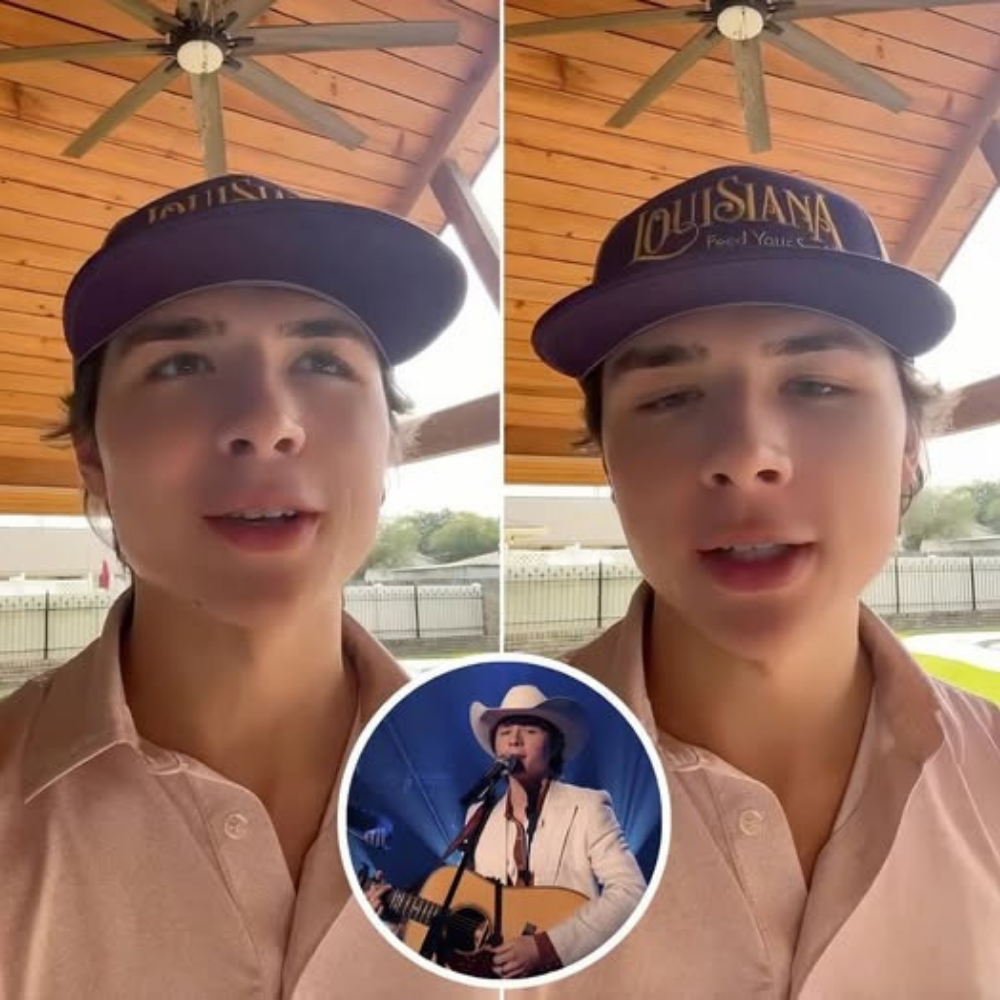In a recent conversation, Tony Yayo opened up about the ongoing tensions between 50 Cent and Big Meech, shedding light on the complexities of their relationship and the broader implications within the hip-hop community. Speaking candidly, Yayo emphasized that 50 Cent has been prepared for conflict throughout his life, a sentiment that resonates deeply within the context of their long-standing rivalry.

The discussion unfolded against the backdrop of Big Meech’s anticipated return to the public eye with a “Welcome Back Legacy” concert featuring an impressive lineup, including Lil Baby, Rick Ross, 21 Savage, and Kodak Black, among others. Despite the star-studded roster, Yayo revealed that many artists participated without payment, highlighting a sense of loyalty and camaraderie among them. However, the concert was ultimately canceled, underscoring the turbulence surrounding Meech’s reintegration into the music scene.
Yayo recounted an incident where Lil Meech, Big Meech’s son, reached out to 50 Cent expressing frustration over Rick Ross, which added another layer to the already complicated dynamics. Yayo’s comments suggest that 50 Cent’s aggressive approach is not just a personal choice but a characteristic that has defined his career. He noted, “50 is really something’s really wrong with that [expletive] bro,” alluding to 50 Cent’s unwavering commitment to addressing conflicts head-on.
The conversation took a deeper turn as Yayo reflected on the nature of 50 Cent’s persona within the industry. He acknowledged that while he does not always agree with 50’s methods, he understands the rationale behind them. “We’re comfortable being the bad guys,” Yayo explained, indicating that the duo has embraced their roles in the hip-hop narrative, often positioned in opposition to others in the industry.
Yayo further elaborated on the public’s perception and reaction to 50 Cent’s actions, noting that the comments and speculation often fuel the flames of his confrontational style. He contrasted this with what he would do if he had 50 Cent’s wealth, suggesting that he would choose to enjoy a more peaceful existence, far removed from the drama that defines 50 Cent’s life.
The dialogue underscores a pivotal moment in hip-hop, where personal relationships, business ventures, and public personas intertwine. Yayo’s insights reveal the intricate layers of loyalty, rivalry, and the burden of public expectations that artists navigate in their careers. As the landscape evolves with figures like Big Meech making a comeback, the dynamics of these rivalries will likely continue to shape the narratives within the hip-hop community.
With 50 Cent’s readiness for confrontation firmly established, fans and observers alike are left to ponder the future of these relationships and the potential for reconciliation or further conflict as the drama unfolds.
